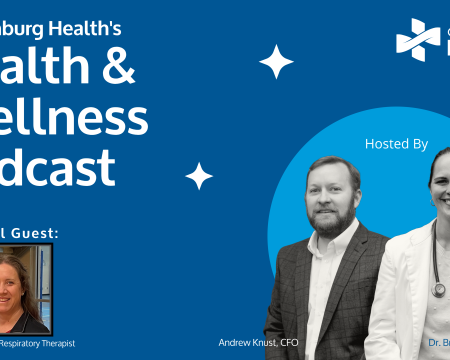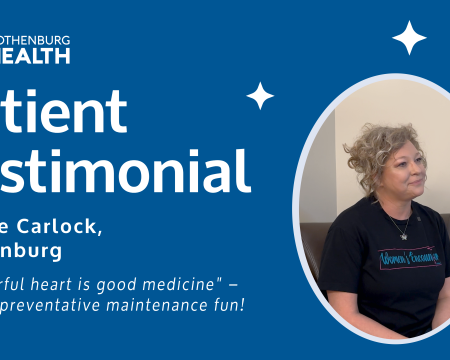
Summer Brain Drain
By Mary Lou Block, Registered Dietician
“I am in a bad mood, mom.”
“Really? Even in the summer?”
We tend to reason away our feelings with the 'bad mood’ excuse, as though this legitimizes our experience. We also tend to be hard on ourselves if we don’t seem to be able to find a good reason to justify it or to snap out of it.
Before you legitimize it or be hard on yourself (or your family) help is available. There are professionals and even friends who will listen! But sometimes the answer is simpler than you think.
You could say something like, “Bad mood? Let’s get a snow cone or a popsicle! Afterall, it is summer.” I realize this would make you popular, but it is not the best answer for a truly bad mood. Instead, ask, “Is there a nutritional element to this?” The answer is likely yes.
For a better mood, pay attention to these four things this summer:
1) Protein, protein, protein.
Four categories of brain neurotransmitters affect your mood. All four categories rely on incoming amino acids from proteins you consume. To be clear, each of these neurotransmitters are made from specific amino acids in your diet. If you are not feeding yourself protein, you are starving your brain and you can expect that your mood will be affected. You cannot beat animal protein sources for providing you with these building blocks. If you are interested in a plant-based diet, plan it well to make sure it is nutrient dense and provides these critical amino acids.
Examples of protein amounts per meal:
- 3 eggs
- ½ can of tuna
- 2/3 cup of cottage cheese
- 1 ½ cup beans
- 3-4 ounces of meat
2) Nutrient density.
Amino acids from protein are critical, but your body also needs other nutrients to convert amino acids into neurotransmitters. Vegetables and fruits are known to be rich in these nutrients. Go for plenty of FRESH vegetables and limited amounts of whole fruits. Avoid fruit juice because it raises your blood sugar.
3) Regulate blood sugar.
Spikes in blood sugar are known to affect mood and energy negatively. Carbohydrates, and specifically concentrated sugars, are the culprits.
Avoid or limit them and never eat them alone. Put them at the end of a meal or with a protein food to help moderate their effect.
4) Hydration.
Begin each day with one to two pints of water. The idea is to drink it prior to consuming any beverage or food. This fires up the digestive juices to prepare you for eating breakfast. It also energizes your brain and gives you a head start on hydration which protects your mood.
So, what do you say to someone’s summer bad mood? Why not try, “Let’s talk, have some ice-water and a snack…then maybe we’ll share a snow cone later!”
Snack Ideas:
- Beef Jerky
- Cheese Sticks
- Cottage Cheese
- Peanut or Almond Butter on a Spoon or in Celery
- Egg Tuna Wrap
- Avocado
- Deviled Eggs, Boiled Eggs
For more information or nutritional consultation, contact Mary Lou Block at Gothenburg Heath.
Photo Credit: https://www.freepik.com/free-vector/hand-drawn-flat-design-kawaii-foods-illustration_26174318.htm#query=summer%20sno%20cone&position=4&from_view=search&track=ais"






